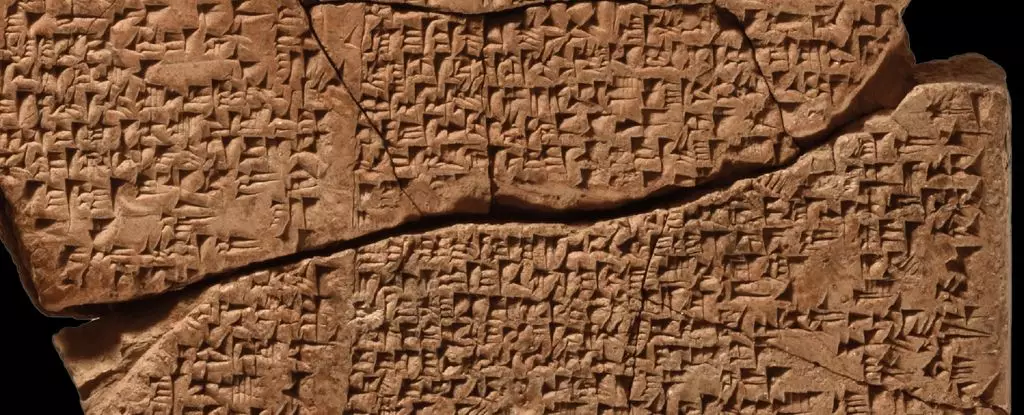In our relentless march towards technological progress, it’s paradoxical yet profoundly inspiring that the corridors of Ancient Babylon, a symbol of human ingenuity, are now becoming accessible through digital reconstruction. While the world often dismisses antiquity as a relic of the past, recent discoveries remind us that these ancient civilizations hold invaluable lessons about resilience, cultural pride, and the sophistication of early societal structures. The painstaking work of modern scholars to reassemble fragmented cuneiform tablets underscores an urgent necessity: to preserve and reinterpret our shared human history amidst the rapid obsolescence of physical media and the dominance of contemporary narratives.
Peering Into the Heart of a Civilization
The discovery of a 250-line hymn praising Babylon is not merely an academic breakthrough; it is a testament to the enduring human desire to celebrate and understand our origins. This hymn, meticulously reconstructed from scattered fragments, offers a rare window into the soul of a city that epitomized power, beauty, and religious devotion over three millennia ago. It describes the city’s majestic structure, its natural environment, and social roles, elevating Babylon beyond mere archaeological curiosity into a symbol of human achievement. The hymn’s detailed praise of the Euphrates’ waters symbolizes a civilization deeply intertwined with nature, challenging modern perceptions that often regard ancient peoples as unable to harmonize with their environment.
The Silent Voices of Women and the Power of Cultural Memory
One of the most striking aspects of this rediscovery is what it reveals about the lives of Babylonian women—a topic shrouded in mystery until now. The hymn portrays women—specifically priestesses—as embodiments of virtue grounded in devotion and discretion, contrasting with the active, protective roles generally ascribed to men in ancient texts. This insight challenges a simplistic narrative of historical gender roles, suggesting a society where spiritual virtue and social influence might have been more nuanced than previously understood. The rediscovery of such details underscores an essential point: cultural memory, preserved cleverly within religious hymns and literature, serves as a vital bridge connecting us to perspectives neglected or lost over centuries.
The Power and Responsibility of Technology in Historical Preservation
The utilization of advanced AI tools and digitization techniques exemplifies a pivotal shift in how we engage with history. What previously took decades of meticulous work has now been condensed into months, reinforcing the idea that modern technology is a double-edged sword—it can either narrow our focus on superficial progress or serve as a powerful means to deepen understanding and inclusivity. In this case, an AI-supported platform not only identified additional manuscripts but also revealed the hymn’s popularity among ancient students, hinting at its role in education and cultural identity. This development demonstrates that technological innovation should be harnessed not merely for economic or superficial gains but as a tool to democratize access to our collective past, fostering a more informed and empathetic society.
Reflections on Heritage and Contemporary Identity
Ultimately, unearthing the stories inscribed on ancient tablets is more than an academic exercise; it is an act of reclaiming what it means to be human. Babylon’s glory, reflected through decayed clay and ink, reminds us that civilization’s true strength lies in its stories—narratives of achievement, faith, and social complexity. Recognizing these stories’ relevance in today’s socio-political climate encourages a centrist, liberal viewpoint that values cultural diversity and historical context. It urges us to resist simplistic narratives that dismiss the past as irrelevant, instead embracing the nuanced, often uncomfortable truths that challenge our modern ideals. If we acknowledge the depths of ancient wisdom, perhaps we can forge a more holistic understanding of progress—one rooted in respect for history while moving forward with purpose.

